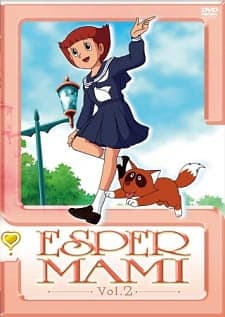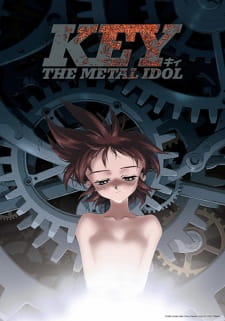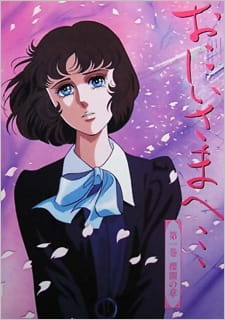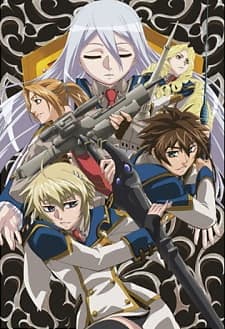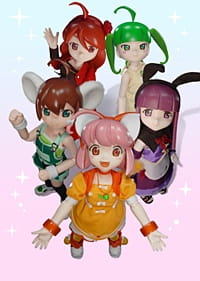Alternative Titles
Japanese: エスパー魔美
More titlesInformation
Type:
TV
Episodes:
119
Status:
Finished Airing
Aired:
Apr 7, 1987 to Oct 26, 1989
Premiered:
Spring 1987
Broadcast:
Unknown
Producers:
None found, add some
Licensors:
None found, add some
Studios:
Shin-Ei Animation
Source:
Manga
Demographic:
Shounen
Duration:
24 min. per ep.
Rating:
PG-13 - Teens 13 or older
Statistics
Ranked:
#71812
2
based on the top anime page. Please note that 'Not yet aired' and 'R18+' titles are excluded.
Popularity:
#10678
Members:
2,897
Favorites:
9
Resources |
New Interest Stack
Interest Stacks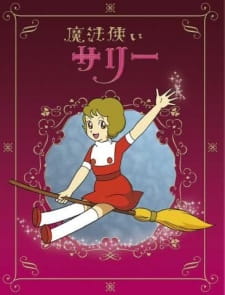 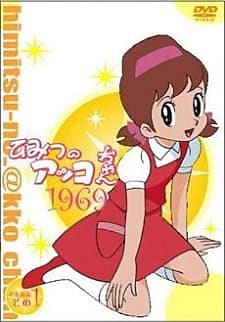 A list of magical girl shows released between 1966 and 1998. Made using this awesome tumblr post: https://chiibinomonodamon.tumblr.com/post/99031991319/there-you-go-every-fcking-magical-girl-from 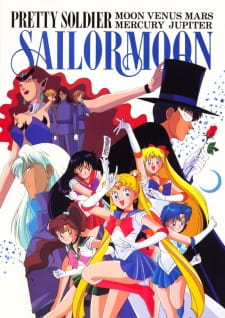 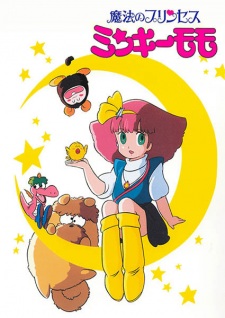 before sailor moon took the mahou shoujo genre by storm in the early 90's, many magical girl series were (in my opinion, anyway) often more like pre-cursors to the nichijou-kei/slice of life and kirara-kei/cute girls doing cute things genres that are popular today.   Using this [https://www.youtube.com/watch?v=dLZYtFRoMGQ | Magical Girls Timeline 1966-2020] as reference for this stack, I made it in hopes it might help people who are into this genre find anime they haven't watched/didn't know existed yet.. or really just people who'd like to get into something new.  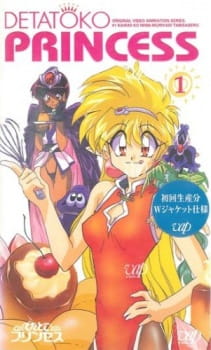 Includes all* anime on the Anime+/GRAPH mahou shoujo/magical girl achievement list   This is a list of anime television series by episode count for series with a minimum of 100 episodes.  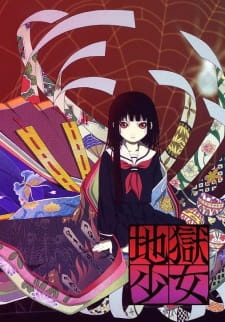 Includes black or dark-colored sailor uniforms. (serafuku/sailor fuku)   Fujiko Fujio was a manga writing duo formed by Japanese manga artists Hiroshi Fujimoto and Motoo Abiko. Professional debut in 1951 (under the authors' names "Abiko Motoo, Fujimoto Hiroshi"). Used the Fujiko Fujio name from 1953 until dissolution of the partnership in 1987, upon Fujimoto's illness. Motoo Abiko continued under the name of "Fujiko Fujio (A)" and Hiroshi Fujimoto under the name of "Fujiko F. Fujio." The pair was best known for their popular comedies, including Obake no Q-Tarō, Ninja Hattori-kun, Kaibutsu-kun, Perman, Kiteretsu Daihyakka, and Doraemon, which is officially recognized as a cultural icon of modern Japan. Some of their influences have included Osamu Tezuka as well as international cartoons and comic books.  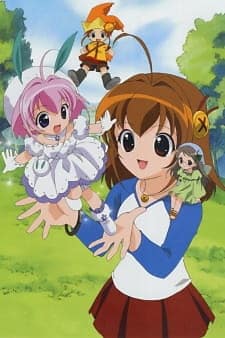 Part 2 -> https://myanimelist.net/stacks/57183 |
Esper Mami
Mami the Psychic
